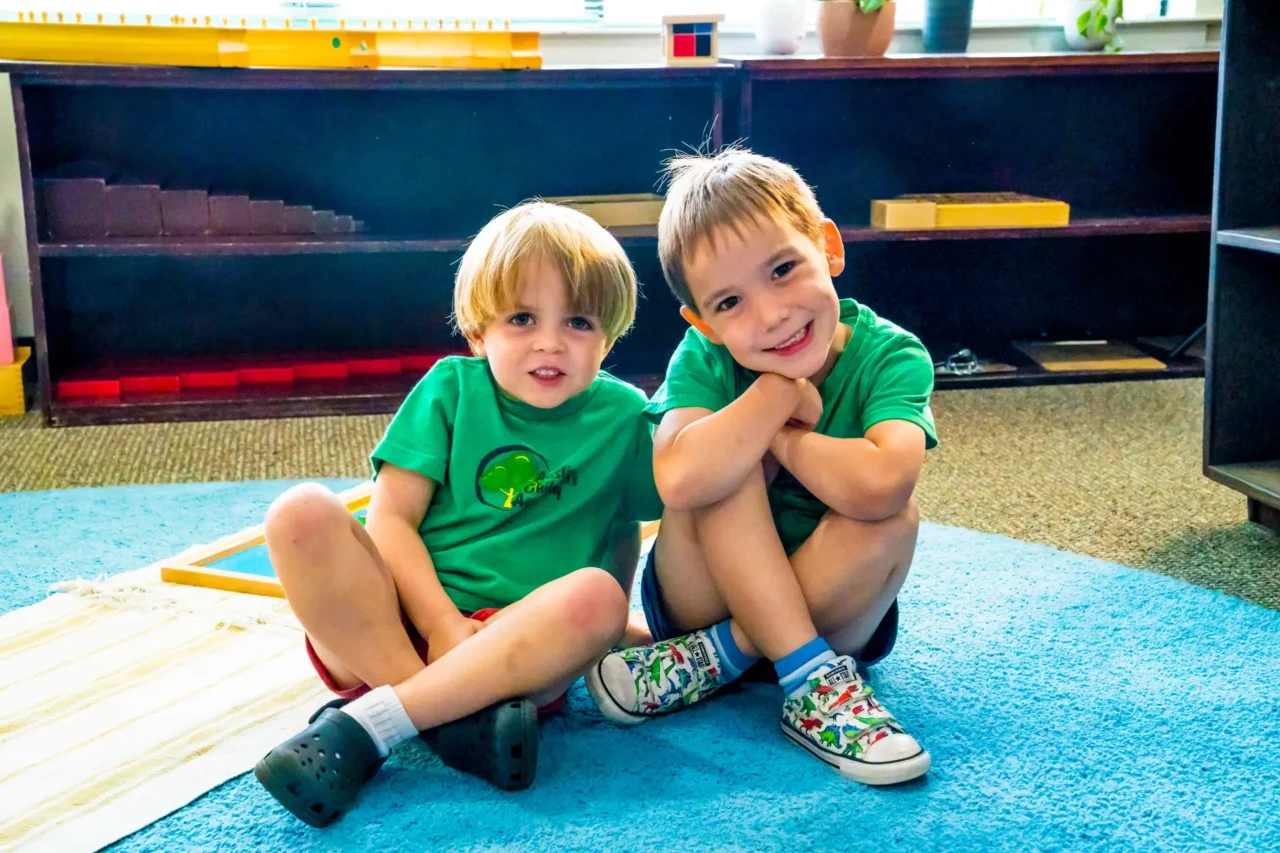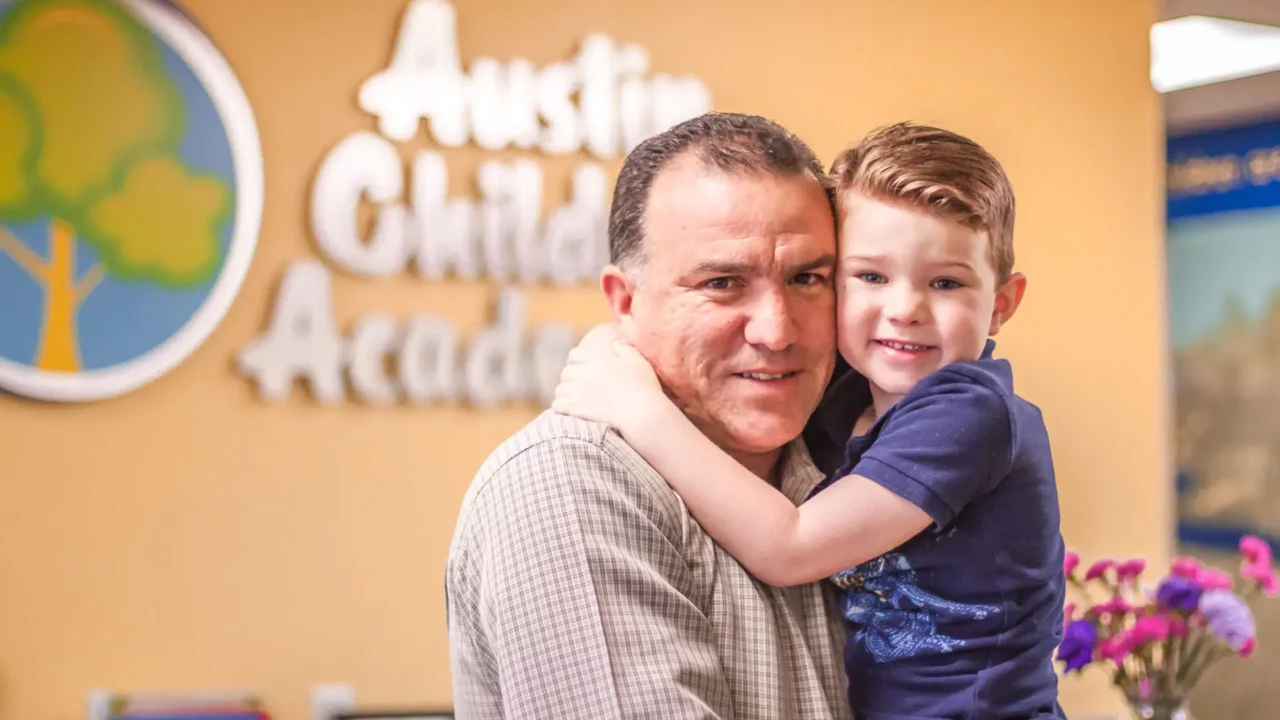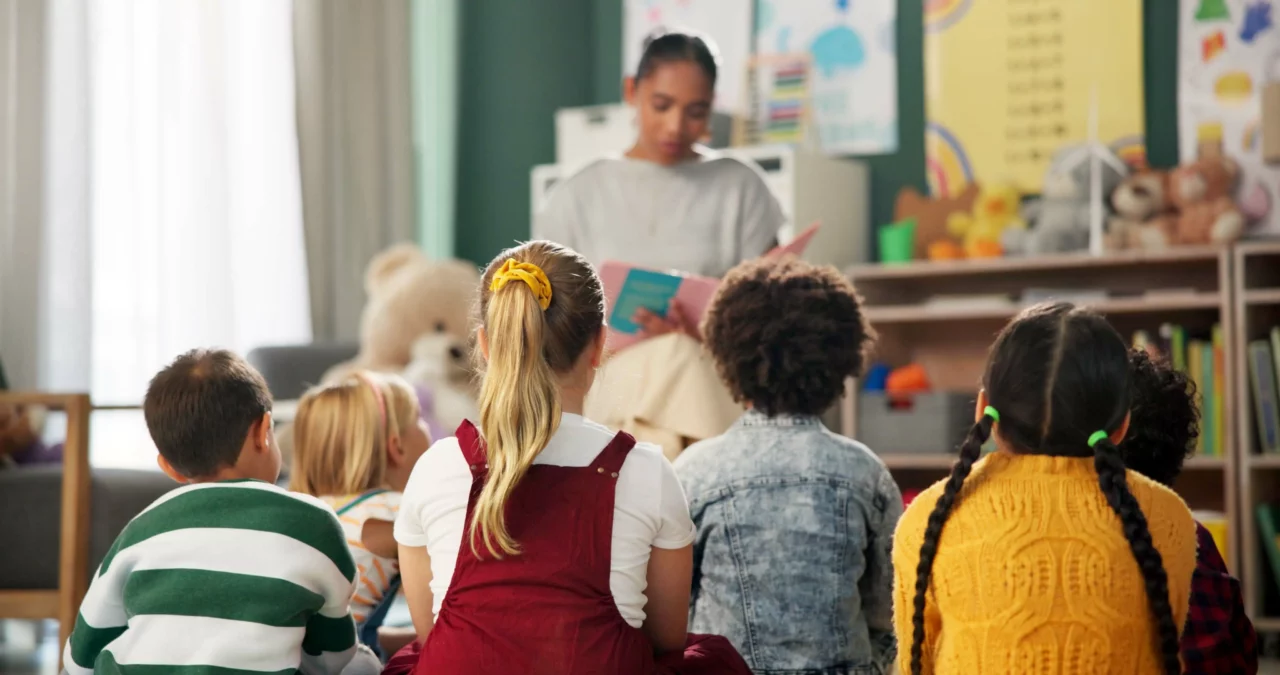
Some children are chatterboxes who start talking as soon as they understand the meaning of words. However, many small children struggle to find their voice, especially if they are the youngest member of a large family. As a Montessori parent, you can use the following tips to help your child develop their conversational skills.
Start Asking Questions
Kids like to talk, but they often have a hard time getting started without some kind of prompt. As a parent, the best way to encourage your kids to start a conversation is by asking them a question about their day. Whether it’s on the way home from school or around the dinner table, try using a few of the following prompts:
What did you learn today?
What was your favorite thing that happened in class?
Who did you work with today?
What projects are you working on?
Always start with a single, simple question that you know that your child can answer. Let your child speak until they run out of steam. Then, consider asking more questions about the details that seem important to your child.
Encourage Excitement
One of the best ways to get kids talking is to encourage their natural passion for learning. If your kid is excited about a subject, they should have no problem going on about it in great length. Keeping excitement going is all about asking questions at the right time, showing interest in the things that your kid is interested in, and generally approving of the joy they take in their work.
If your kid doesn’t seem excited by any of the activities that they completed at school, try to find something else that they are excited about. Whether it’s a book, a friend, or a television show, help your child discover and maintain enjoyment in something that they can return to again and again.
Limit Your Opinions
One of the mistakes that many parents make when interacting with young children is assuming that the child is interested in listening to their opinion. Although it’s true that learning moments and parental lectures can be incredibly valuable for your child, most kids who are learning to hold up a conversation need more practice talking than they need listening. After all, your kid has spent all day listening to their teacher; when they get out of school, they want someone to listen to them.
As a parent, you can facilitate better childhood conversation by being willing to take a passive role. Don’t comment on or criticize the things that your child is excited about. Respond at poignant moments of the conversation, but avoid taking up too much conversational space. Remember, there will always be time for a conversation in which you are the main speaker when your child is older and more capable of listening.
Speaking is a skill, and it can only be improved with practice. Whether it’s telling you about their day or chatting with their friends, make sure your kid gets plenty of chances to speak their opinion. As they get older, they’ll start to develop more complicated conversational and social skills.






